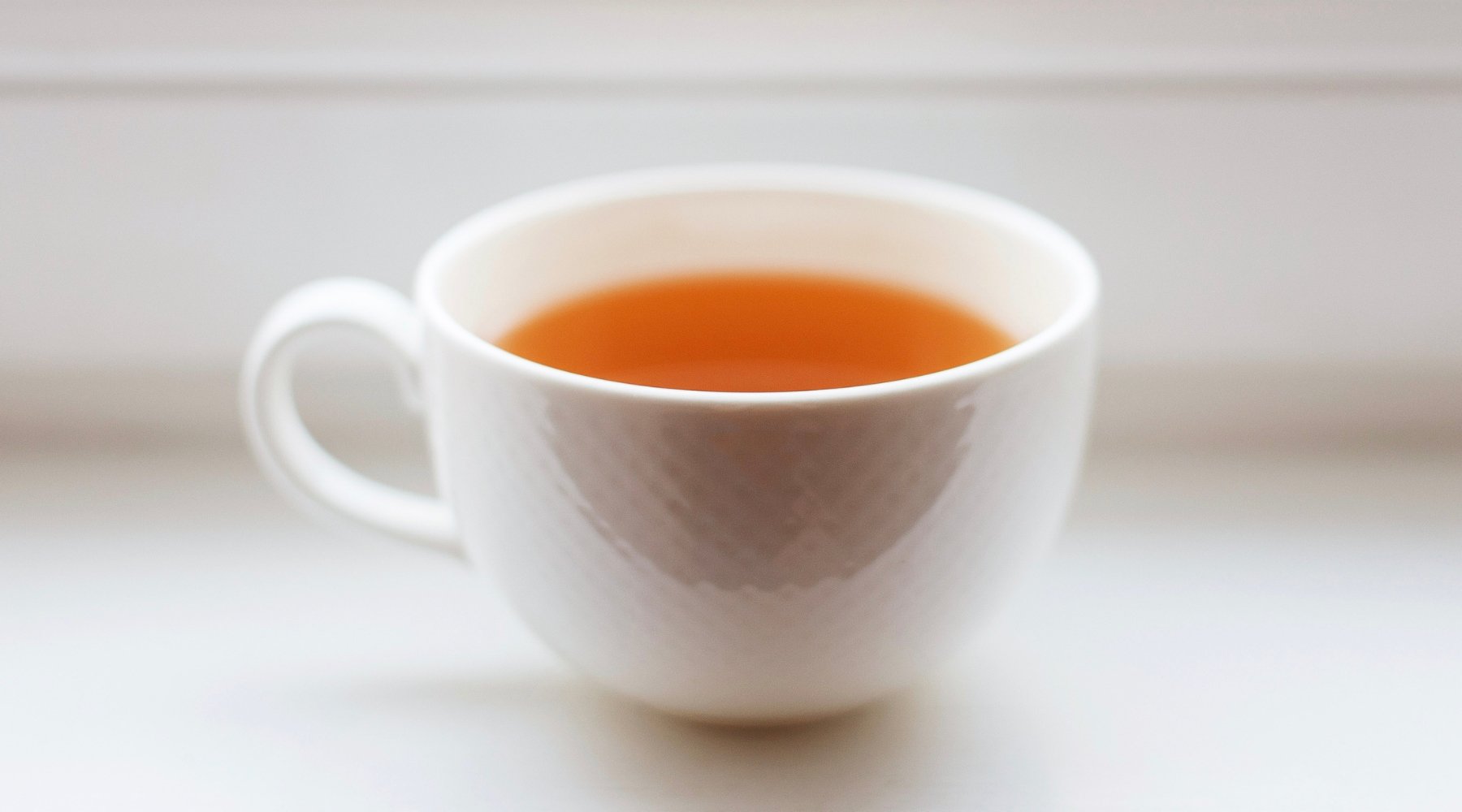
Tea For Your Brain: How Tea Can Help Against Dementia
According to the Mayo Clinic, dementia is a very common disease affecting the elderly. 3 million cases are diagnosed every year, and in Australia, the current number of people affected by dementia is around 354,000. There are around 26,000 cases of younger onset of dementia, and with dementia as the 2nd leading cause of death in Australia, this is not something to be taken lightly.
Dementia is a cruel and lamentable affliction, and, for the most part, modern medicine has yet to find a reliable cure.
How Tea Can Help Against Dementia
But, perhaps scientists may find an answer by looking into the past: according to new studies, drinking one of the world’s oldest beverages, tea, regularly could lower the risk of cognitive decline among the elderly by 50%.
And do you know that those who are genetically at risk for Alzheimer’s disease (a form of Dementia) that drank tea regularly had an 86% lower chance of actually getting Alzheimer’s?
Tea consumption has been found to have potential benefits in fighting dementia, particularly Alzheimer's disease (AD). According to recent research findings, there seems to be a significant association between an increased risk of AD and the consumption of an additional cup of tea per day, particularly when the number of cups exceeded six.
However, it is important to note that the causal relationship between tea intake and AD has not been definitively established. Nevertheless, tea intake has shown promising effects on certain aspects related to dementia. For instance, the analysis indicated an inverse association between the number of cups of tea consumed and gray matter volume as well as right hippocampus volume, which are both linked to cognitive functions such as memory and language.
Moreover, tea intake was positively associated with total brain volume and white matter volume. These findings suggest that tea consumption may have a potential protective effect on brain health and cognitive decline. Further research is needed to fully understand the mechanisms behind these associations and to determine the specific components of tea that contribute to these effects.
How much tea to drink? The key to this actually is regular consumption, according to scientists. The more you drink, the better the results. But of course, too much is not as good as well, so drink in moderation.
It's not known yet how tea can help prevent dementia, but the theory goes that the flavonoids in tea, which has anti-inflammatory and antioxidant potential, and L-theanine which regulates neurotransmitter and brain activities, help a lot.
How to Spot Dementia Early
If dementia is spotted earlier, you or your loved one can have a higher chance of avoiding brain decline. Here are some early signs that you need to take note of.
1. Memory loss and problems thinking. They are struggling to remember things that happened recently, forgetting names of people or where things are kept.
2. Small mistakes while carrying out daily tasks, like leaving teabag in a coffee
3. Reaching out to objects inefficiently, or touching them when they don't need to
4. Difficulty completing easy or familiar tasks
5. Difficulty in following conversations
6. Repeating oneself
7. Feeling confused in a familiar place
8. Mood or emotion problems
9. Struggling to follow the story in a book, or understand magazine/newspaper articles
These are called micro-errors, and if you or your loved one has been making these small mistakes often, there is a risk to develop dementia in the future. So now while early, drink tea and continually stimulate your brain.
As they say, what's good for the heart is also good for the brain. Couple it with a good diet and exercise as well, and you're on your way to a better aging.
Recommended: Get your brains healthy with our black teas, green teas, white teas, and oolong teas!




Leave a comment
This site is protected by hCaptcha and the hCaptcha Privacy Policy and Terms of Service apply.